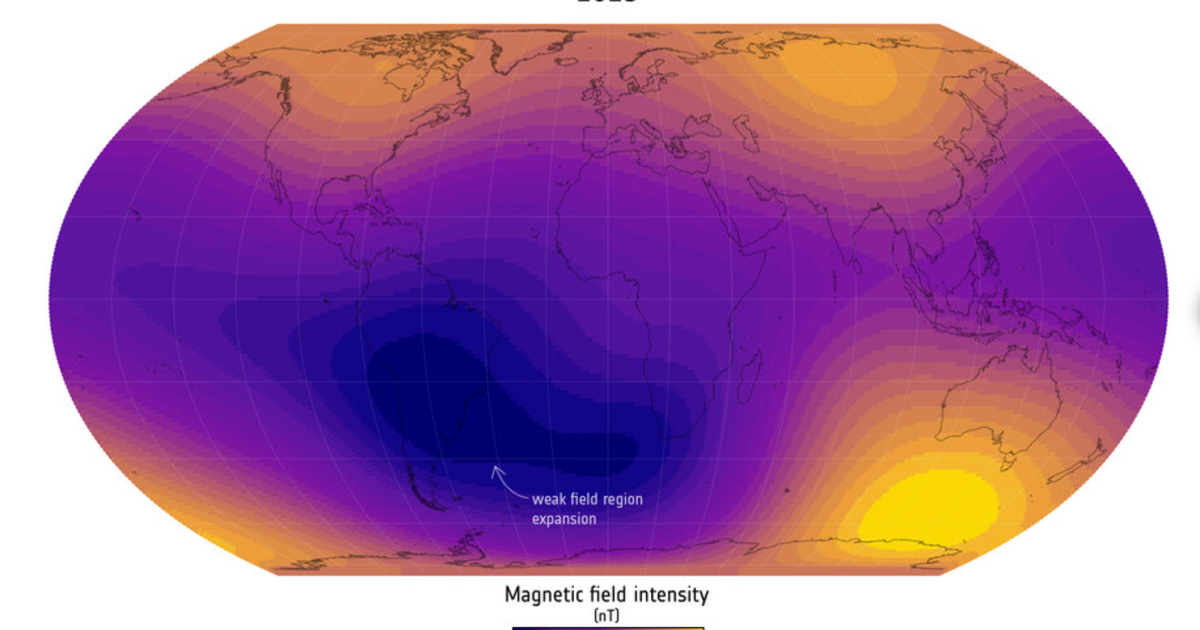Jamie Dimon, CEO of JPMorgan Chase & Co., speaks during the 2025 National Retirement Summit in Washington, D.C., on March 12, 2025.
Al Drago | Bloomberg | Getty Images
JPMorgan Chase CEO Jamie Dimon said Tuesday that bankruptcies in the U.S. auto market are a sign that corporate lending standards grew too lax in the past decade-plus.
Dimon, the longtime leader of the largest U.S. bank by assets, was speaking about the recent collapse of auto parts firm First Brands and subprime car lender Tricolor Holdings.
“We’ve had a credit bull market now for the better part of what, since 2010 or 2012? That’s like 14 years,” Dimon told CNBC on a call with reporters.
“These are early signs there might be some excess out there because of it,” Dimon said. “If we ever have a downturn, you’re going to see quite a bit more credit issues.”
Dimon used more colorful language about the Tricolor failure later Tuesday.
“When you see one cockroach, there are probably more,” Dimon told the analyst Mike Mayo in a conference call. “Everyone should be forewarned on this one.”
The pair of bankruptcies have sparked concerns about the hidden risks involved when banks like JPMorgan, Jefferies and Fifth Third provide financing for private companies. In a quarter where JPMorgan handily topped expectations, thanks to booming activity in institutional trading, questions from reporters and analysts around credit losses took center stage.
‘Not our finest moment’
While JPMorgan managed to dodge losses from First Brands, it did lend to Tricolor, causing $170 million in chargeoffs in the quarter, said CFO Jeremy Barnum. Chargeoffs happen when a bank recognizes it won’t get repaid for loans it made.
“It is not our finest moment,” Dimon said of the Tricolor episode. “When something like that happens, you could assume that we scour every issue… You can never completely avoid these things, but the discipline is to look at it in cold light and go through every single little thing.”
In fact, the credit metrics watched by JPMorgan, including early stage delinquencies, are stable and actually better than expected, Barnum said. The company is closely watching the labor market for signs of weakness that could flow into consumer credit, which hasn’t happened yet, he said.
The automotive failures, which happened amid pressure on international supply chains amid President Donald Trump‘s tariff escalations, have ensnared a constellation of banks.
This month, the investment bank Jefferies said that funds it runs are owed $715 million from companies that bought First Brand inventory, while UBS said that its funds had about $500 million in exposure.
Last month, regional bank Fifth Third disclosed that it expected up to $200 million in impairments from alleged fraudulent activity at a borrower; the client was Tricolor, Bloomberg reported.
Source link


